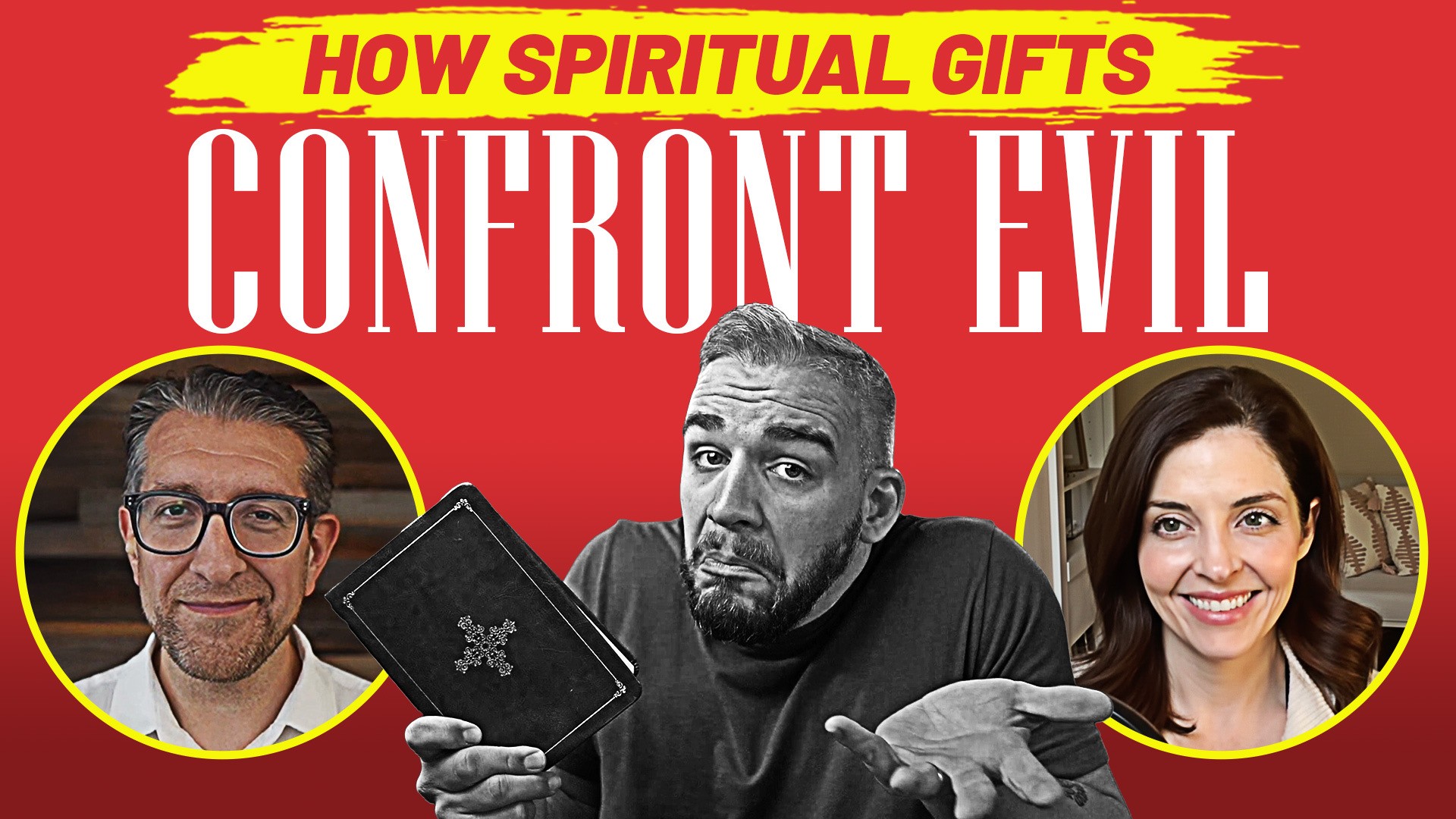Reviewing 'The Religion Business' Docuseries
What happens when faith meets finance? In this episode of Remnant Radio, we dig deep into The Religion Business to call balls & strikes on the claims made in the docuseries.
Transcript Summary
Remnant Radio hosts Joshua Lewis, Michael Rowntree, and Michael Miller reviewed the documentary series “The Religion Business,” which scrutinizes financial practices in megachurches and large ministries. The hosts praised its call for transparency while offering nuanced critiques, emphasizing that while abuses exist, they don’t represent the average small church.
The documentary highlights how some megachurches exploit informal 501©(3) status to avoid filing detailed Form 990 disclosures required of formal filers. This allows evasion of reporting executive compensation, major donors, and program expenses, creating loopholes for lavish spending. Examples include Kenneth Copeland’s 19,000-square-foot mansion on church property and the LDS Church’s auxiliary entities stockpiling wealth without oversight. The series argues these practices turn churches into opaque businesses, with donors unaware of fund allocation.
Lewis noted that informal filing isn’t inherently wrong—many small churches (averaging 60-80 members) use it to maintain autonomy from government scrutiny, especially Schedule B’s donor disclosure. However, they condemned misuse, like media organizations claiming church status to bypass regulations. The hosts stressed that transparency remains essential regardless of filing method; quarterly meetings and open budgets build trust.
They addressed tithing, rejecting it as a mandatory New Testament command. While Old Testament tithing supported Levitical priests, the NT promotes sacrificial, Spirit-led generosity (2 Corinthians 8:9). Preaching tithing as a “God tax” manipulates believers, echoing Malachi 3’s context of neglecting justice and mercy. The hosts advocated cheerful giving proportional to income.
On resource use, the discussion contrasted internal church support (salaries, facilities) with external humanitarian efforts. They affirmed biblical priority: care for local flocks first (1 Timothy 5:3-16 on widows), then extend outward. Megachurch scandals skew perceptions, but small churches focus on sustaining ministry, not extravagance.
The episode urged churches to adopt ethical practices: formal filings for accountability, clear financial reporting, and congregational involvement in decisions. While agreeing abuses demand exposure, the hosts warned against overgeneralizing to all churches, which could erode trust in genuine ministry. They called for biblical stewardship—honoring God in finances while fostering community care.



